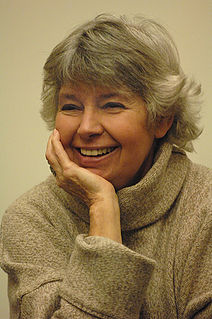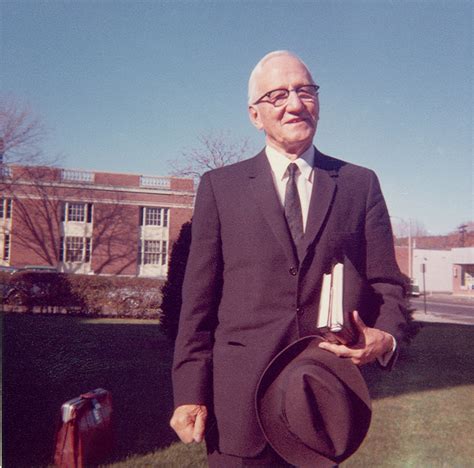A Quote by Robin Morgan
Hate generalizes; love specifies. Or: The movements of hatred are toward generalization; love's movements are toward specification.
Quote Topics
Related Quotes
What's more important is that we talk about movements; change happens through movements. The movement to end slavery, the movement to bring justice for those who have been left out of the system, movements to include women, movements around sexual preference - all these movements brought about change.
The emotion is the execution of a very complex program of actions. Some actions that are actually movements, like movement that you can do, change your face for example, in fear, or movements that are internal, that happen in your heart or in your gut, and movements that are actually not muscular movements, but rather, releases of molecules.
One who loves God sees everything in relation to God. Therefore, their love flows spontaneously toward everyone, at all times, everywhere. They even love those who wish them harm. If you love God, you can't hate anything or anyone. If the love one offers is met with hate, it doesn't die; rather, it manifests in the form.
When you start to do research into gorillas or any kind of apes, if you're going to play them, that's one of the biggest misconceptions. And when I did Kong, you're not doing gorilla movements, you're not doing ape movements, you're looking for a personality. It's like saying okay I'm going to do human movements.
You build movements and keep people in a struggle when it feels productive. Anti-capitalists have typically been the people in movements who have declared every gain to be a trick of the capitalist class to buy us off. That line isn't very inspiring, and it shows no sensitivity to how social movements actually succeed.






































